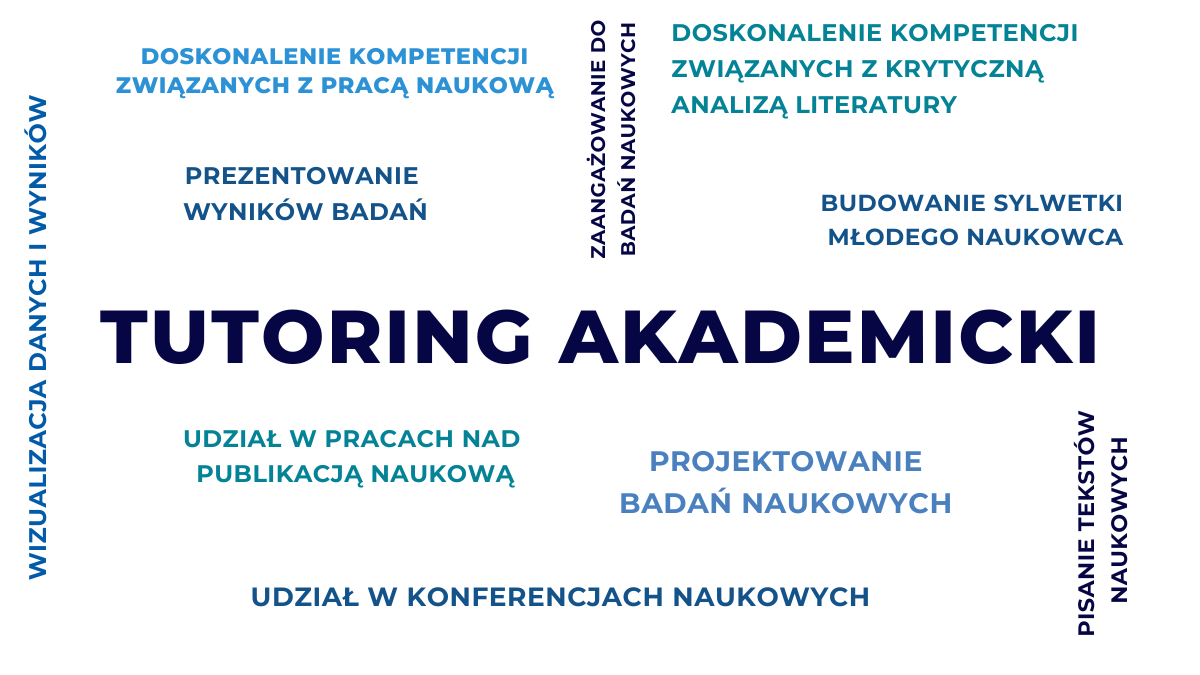Academic tutoring is the primary method of working with students used at Oxford and Cambridge universities, where it is an integral part of student education. The idea of academic tutoring places greater emphasis on developing thinking and analytical skills rather than merely transmitting knowledge. It is a teaching method based on an individual learning path, personalized approach, and direct tutoring sessions with the student. It is a bilateral relationship between the tutor (academic teacher) and the tutee (student) in an atmosphere of mutual exchange of opinions, respect, and reciprocal feedback. The tutor's role is to strive for the development of their students' talents.
Tutoring builds and develops the master-student relationship and enhances the institution's prestige through an individualized approach to the needs, predispositions, and talents of the students. It serves to support broadly understood development, particularly the academic competencies of gifted or engaged, ambitious students.

Activities within academic tutoring:
- building the profile of a young researcher,
- engaging in scientific research,
- designing scientific research,
- improving competencies related to scientific work,
- enhancing skills in critical analysis of literature,
- writing scientific papers,
- visualizing data and results,
- presenting research findings,
- participating in the work on scientific publications,
- attending scientific conferences.